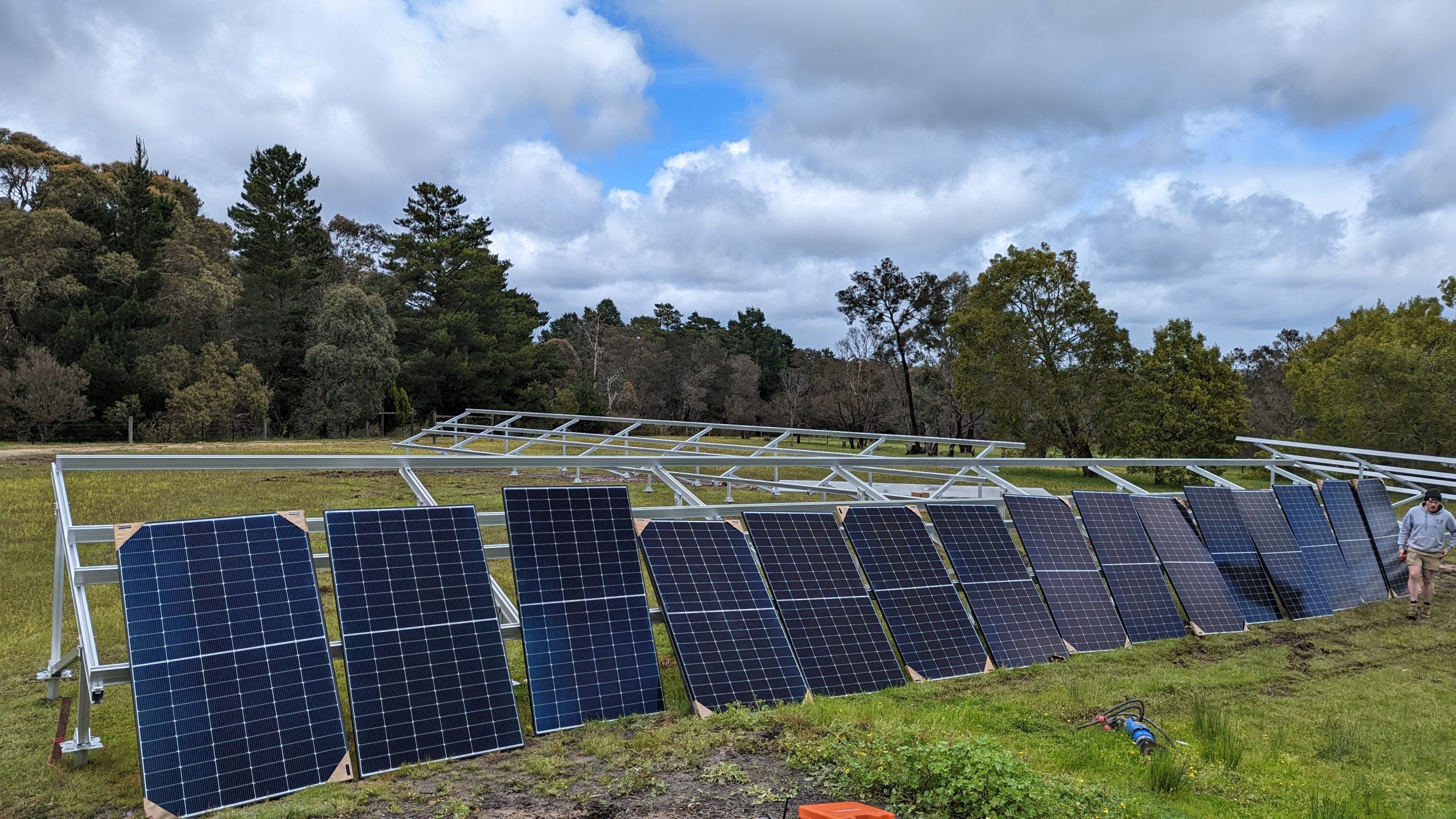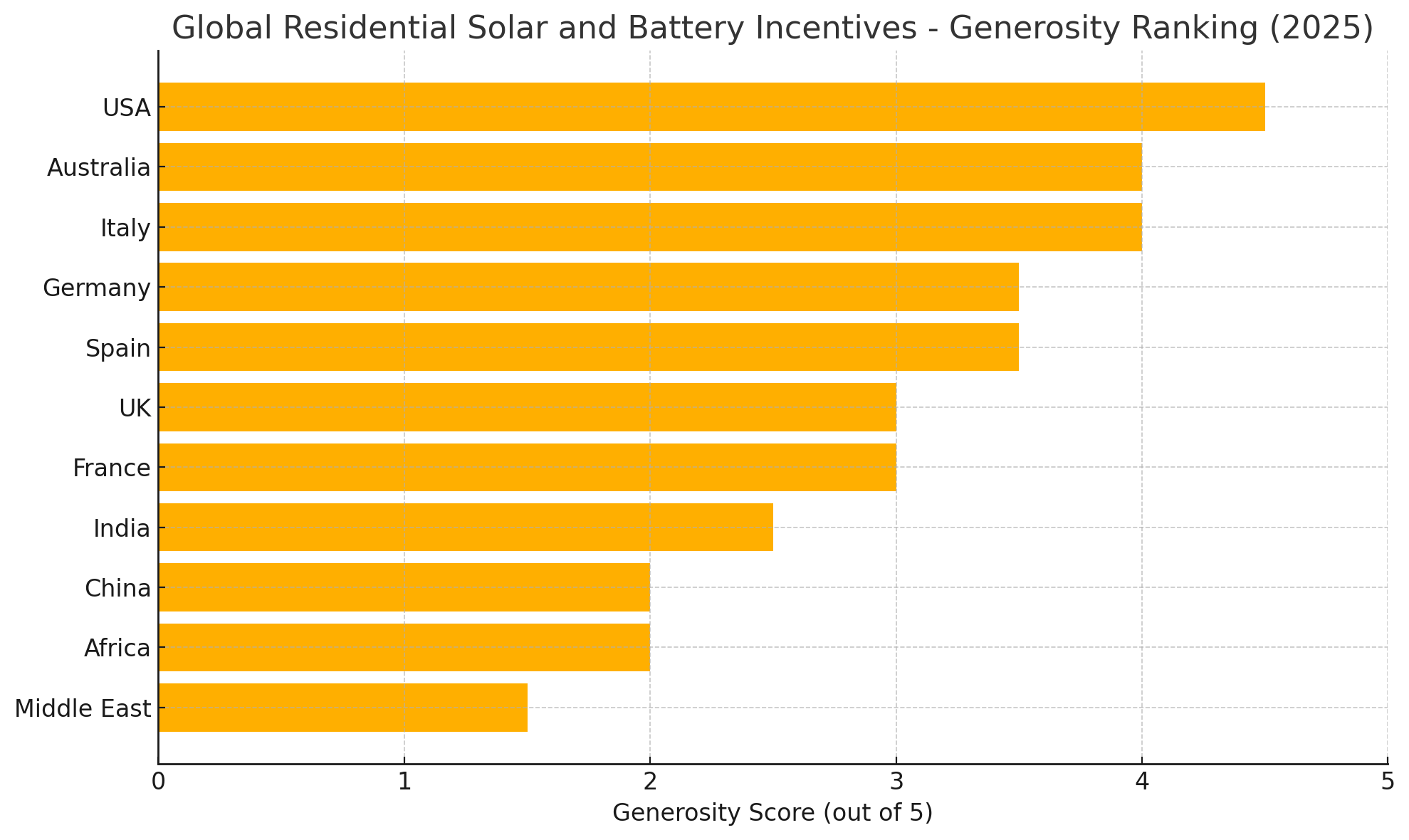
Ground-mounted solar panel frames are an essential component in solar power systems. These frames are designed to support solar panels that are installed on the ground, rather than on a rooftop. Here are some key aspects of ground-mounted solar panel frames:
- Types of Ground Mounts: There are two primary types of ground mounts:
- Standard Ground Mounts: These use metal framing driven into the ground to hold solar panels at a fixed angle. They are simple and cost-effective.
- Pole Mounts: These elevate panels higher off the ground and often include tracking systems to tilt the panels toward the sun.
- Materials: The frames are typically made from durable materials like aluminum or galvanized steel, which are chosen for their strength, durability, and resistance to weather elements.
- Angle and Orientation: The frames are designed to position the solar panels at an optimal angle and orientation to maximize sunlight exposure. This angle depends on the geographic location and the specific site characteristics.
- Adjustability: Some ground-mounted systems are adjustable, allowing the angle of the panels to be changed with the seasons to capture more sunlight.
- Solar Trackers: Advanced frames can be equipped with solar trackers, which automatically move the panels to follow the sun’s path across the sky, increasing energy production.
- Installation: Ground-mounted frames require a clear, flat area for installation. The installation might involve concrete foundations or driven piles to secure the frames.
- Accessibility: These systems are easier to access for maintenance and cleaning compared to rooftop systems.
- Space Requirements: Ground-mounted solar requires more space compared to rooftop solar, making it more suitable for properties with ample unused land.
- Permitting and Regulations: Installing ground-mounted solar systems usually requires obtaining permits and adhering to local zoning and electrical regulations.
- Cost: The cost of ground-mounted solar systems can be higher than rooftop systems due to additional materials, larger scale, and potential land preparation needs.
Ground-mounted solar panels are an excellent option for homes or businesses with insufficient or unsuitable roof space, or for large-scale solar farms. They offer flexibility in terms of size and scalability and can be designed to optimize energy production based on specific site characteristics.



